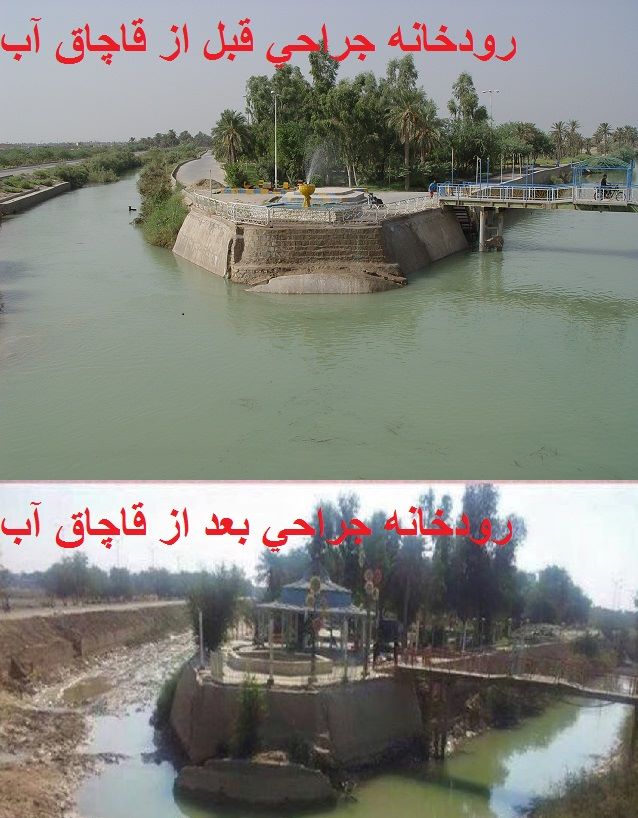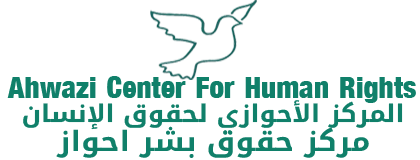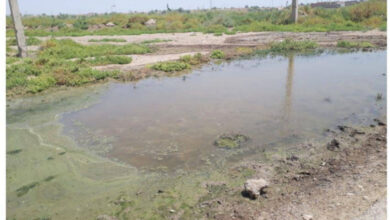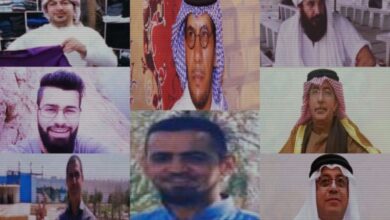World Water Day: Nearly 7 million Ahwazi people still without adequate drinking water

While the world is celebrating World Water Day (22 March), Ahwazi Arabs are struggling to find
safe drinking water. One of the most serious risks threatening the Ahwazis is the slow death of the rivers particularly Karoon, Karkheh and Dez as the dryness of these Rivers has led to drought and desertification of lands. Such drought is having direct damaging impact on the vast marshlands in Al-Ahwaz such as the Hor Althim, Hor Alhoweizeh, Hor Falahiyeh and Hor minaw.
Ahwaz witness a disastrous dust phenomena for more than half of the year and in most days, the amount of dust particles in the air has reached to dangerous levels and exceeds to more than 70 times than health standard limit and has caused the people in Al-Ahwaz to breath dust instead of air. The density of dust in most days was so severe in which it disabled air pollution measuring devices. Reports and satellite pictures proved that the origin of dust is internal, and there is no relation to other neighbourhood countries as Iranian regime claims.
There are a few reasons that led to an appalling situation of water dehydrations in Al-Ahwaz and that are irrefutable:
First, Iranian regime by building excessive dams in Ahwaz had diverted the main rivers in Ahwazi land and redirected the water to the Persian dominated areas in Iran central plateau that led to infertility in our land and significantly degraded our land.
One of these dreadful dams is Gotvand dam, which is the most expensive dam and famous by its mountain’s of salt that is created by Iranian revolutionary guards, where it enters millions of tons of salts into Karoon river that consequently increases the river’s salinity as it led to depriving Ahwazi Arab people from safe drinking water and non-cultivable of 420 thousand hectares.
Second, the Iranian regime has irresponsibly desiccated the Huwayzeh and Al-Athim marshes on the border between Iran and Iraq that are known as an air purifier, in which resulted in irreversible harms to our ecosystems. Studies have shown that the periodic sandstorms, which Ahwaz region is constantly experiencing during summer are mainly caused by this desiccation. Two horrible water transfer project named as Behesht Abad and Gholab has mainly dehydrated Ahwazi rivers and the dryness will generate drastic repercussions on the lives and fate of Ahwazi farmers who most likely will be forced to leave their lands in pursuit of another alternative for living,
Of course such a wetland and marshes desiccation and river’s dehydration and being a most polluted city in the world has brought catastrophic atrocities towards Ahwazi Arabs like increases of 500 percent in in various kind of cancer illnesses, Infertility and severe aborted fetus among Ahwazi youth marriage, tsunami of kidney failure, drastic surge of cutaneous leishmaniasis and etc.
Ahwazi Centre for Human Rights (ACHR) calls on all those who believe in human rights and human dignity especially United Nations Environmental Programme (UNEP), to join their voices with Ahwazi Arab people to find safe drinking water in world water day. Ahwazis are barred from their resources, like land, water, natural resources or even clean air.
Ahwazi Centre for Human Rights
22-03-2015




